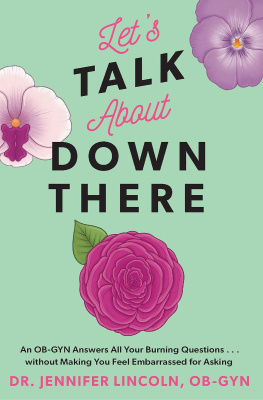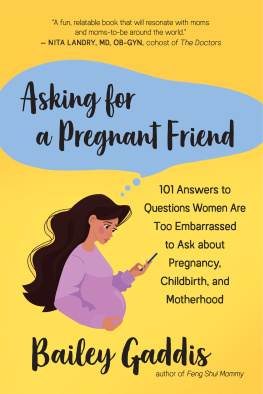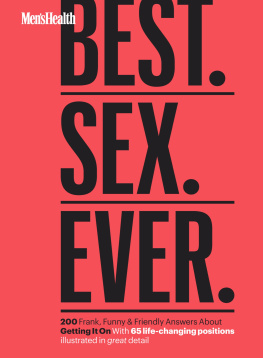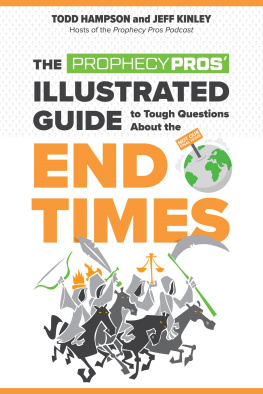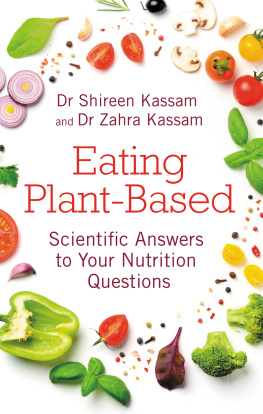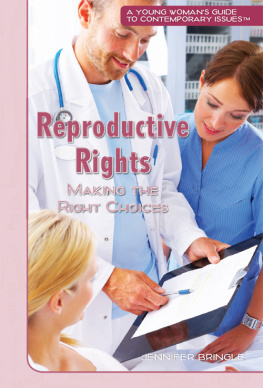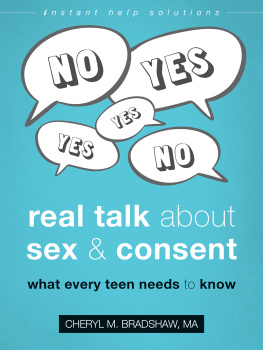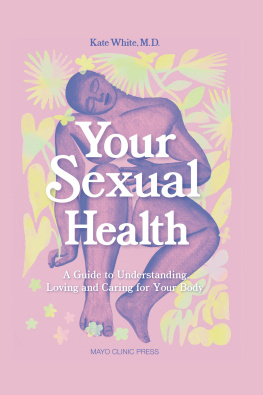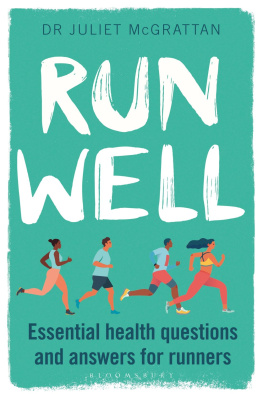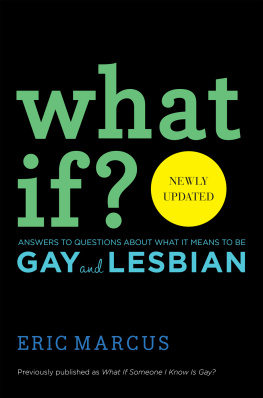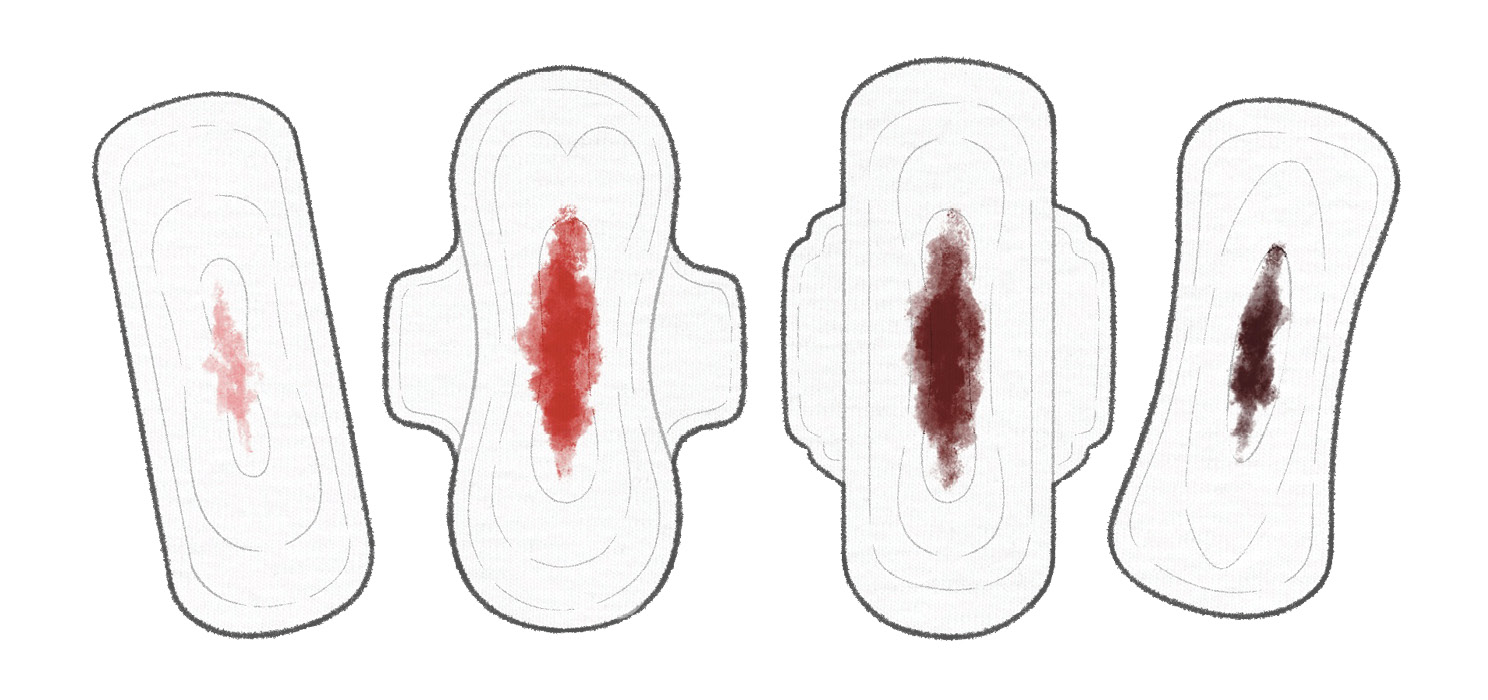Lets Talk About Down There copyright 2021 by Jennifer Lincoln. All rights reserved. No part of this book may be used or reproduced in any manner whatsoever without written permission except in the case of reprints in the context of reviews.
Andrews McMeel Publishing
a division of Andrews McMeel Universal
1130 Walnut Street, Kansas City, Missouri 64106
www.andrewsmcmeel.com
This book does not serve as a replacement for professional or medical advice or treatment. Readers should regularly consult medical professionals in matters relating to health and particularly with respect to any symptoms that may require diagnosis or medical attention. This book does not constitute a doctorpatient relationship. All opinions are the authors own.
ISBN: 978-1-5248-7436-0
Library of Congress Control Number: 2021934316
Illustrations by Charlotte Willcox
Editor: Allison Adler
Art Director: Holly Swayne
Production Editor: Elizabeth A. Garcia
Production Manager: Tamara Haus
Ebook Production: Kristen MInter
Attention: Schools and Businesses
Andrews McMeel books are available at quantity discounts with bulk purchase for educational, business, or sales promotional use. For information, please e-mail the Andrews McMeel Publishing Special Sales Department: .
For my sons, who will grow up knowing that women can do anything. For my husband, who believes the same. For my parents, who told me this so I believed it too.
Contents
chapter 1
Chapter 2
chapter 3
chapter 4
chapter 5
chapter 6
chapter 7
Introduction
Hi! Im Jen, aka Dr. Jennifer Lincoln. Im a board-certified OB-GYN, and I like to talk about things that you might think are embarrassing, like vaginal and sexual health.
I talk about these things with my friends and my family. I post about them on Instagram. I set them to music on TikTok and hope that the audience there tolerates my videos (so far, they have).
For me, theres nothing embarrassing about answering questions about down there. I talk about vaginas and birth control like others talk about their new favorite coffee drink or the show they just spent all weekend bingingits just a normal part of my day, and sometimes I could go on for hours.
Very few people get taught about how their bodies work, in school or elsewhere. I for sure fell into that category for most of my life. When your health class is taught by a nun, sometimes you dont ask all the questions you really want to. Am I right?
Before I did my medical training, I had a ton of unanswered questions, and I didnt really have a good place to get answers, which led to a lot of confusion and doubt.
I remember wishing that I had a place to ask those forbidden questions, a place where I could get medically accurate, evidence-based answersfree of judgment for asking them.
Every day at work I hope that my patients feel they have found that safe place in me. And on social mediawhere I spend so much of my time educating and myth-bustingI try to create the same environment.
I think Im on to something, as evidenced by the over 1 million people who follow me on my social media channels and who send me messages daily saying that they finally feel like they understand their bodies. I have seen how hungry people are for facts and how desperate they are to fill in the gaps when it comes to how things down there work.
So, I decided to go one step further and write this book.
In these pages I hope you find the information you need. I also hope youll find confidence, clarity, and the reassurance that you are normal and beautifuljust as you are.
I also hope you will feel included in this book, regardless of your gender identity. I have purposefully tried to use language inclusive to everyone. I recognize that the language may seem awkward at first, but my goal is to reach as many people as possible, especially those who have historically felt invisible within the discussion of these health care topics.
Another point I want to highlight is that I often use the word doctor or OB-GYN in this book. I do want to acknowledge that womens health care is a team sport. Family medicine physicians, nurse practitioners, physician assistants, midwivesthey all are on the frontlines and providing this care, too, and I want to credit their roles as well.
This book is a place where shame, embarrassment, discrimination, and fear have no power.
I hope you enjoy.
Does the color of my period
matter?
Period blood can be a few different hues, and thats totally normal.
The breakdown generally goes like this:
Pinkish : often spotting before the main period starts
Bright red: the main part of your period
Dark red, black: end of your period (older blood oxidizes in the uterus and is darker)
Brown: often seen at the very end of the period, more like a discharge or staining
Thats really it.
Dont listen to wellness experts who may try to convince you that they can read your fortune by analyzing the color of your pad.
They claim dark blue or purple blood is from too much estrogen and you ARE IN DANGER, and light, wispy pink is from too little estrogen, which means youre deficient in vitamins and your adrenal glands arent working.
But waittheres more! These menstrual psychics also just happen to sell products that they claim will balance your hormones and make your periods a beautiful crimson red again. Are we surprised?! Buyer beware: Unfortunately, a lot of wellness and hormone experts try to suck you in by convincing you that youve got a problem and then selling you a pill or supplement that can fix it. Shady.
Lets put this myth in the trashcan where it belongs, next to your used pads and tampons.
Why is my period heavy
and making me miserable?
Periods go by many names (Aunt Flo, the curse, crimson tideso many euphemisms!), but if any of these describe yours, we need to talk: gushing, hemorrhage, tsunami of blood, cramps from hell, insides feel like theyre being twisted in a vice, clots the size of a golf ball.
Ouch.
Thats not normal.
MENORRHAGIA
the fancy word for a heavy period, also known as heavy menstrual bleeding in gynecologist language. Whats heavy? If it seems heavy to you, thats good enough for us.
DYSMENORRHEA
painful periods.
If youre experiencing either of these and they are making it so you cant live your normal life during your period, its time to chat with your friendly OB-GYN, because you dont have to live like this.
Heres a list of things that might be at play: |
Fibroids (benign balls of muscle and fibrous tissue that form in the uterus) |
Polyps (small growths in the uterus or cervix that are often benign) |
Adenomyosis (when the cells from the uterine lining that should bleed and shed each month instead grow deeper into the walls of the uterus) |

